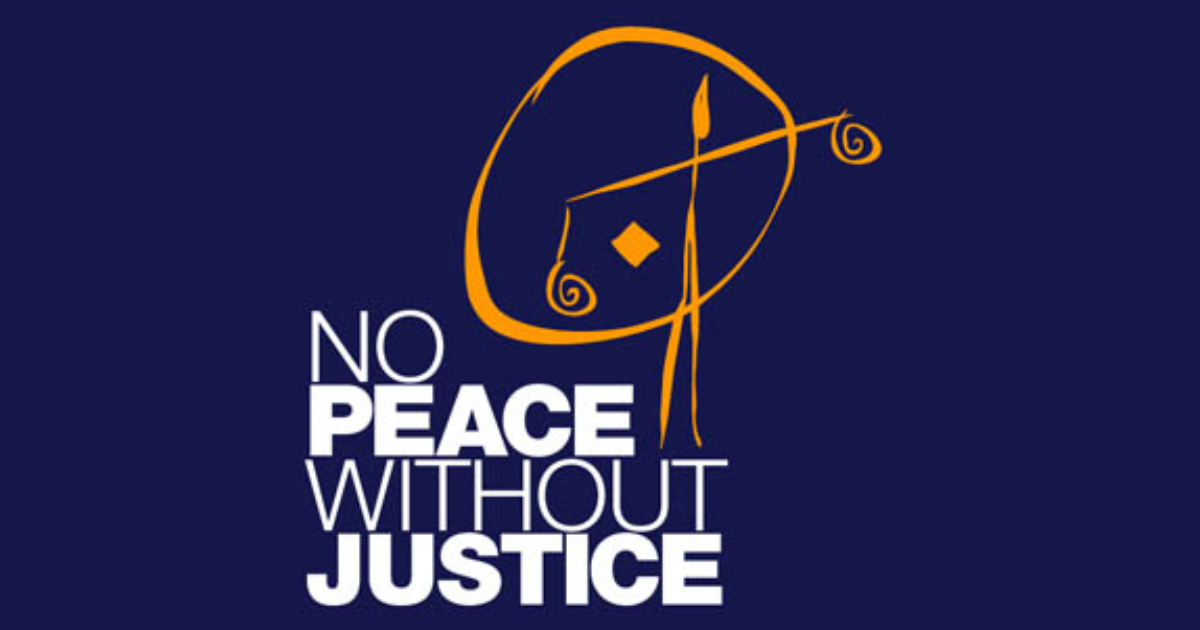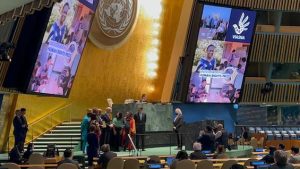Secondly, the June e-newsletter discusses NPWJ’s training of Libyan Prosecutors on transitional justice issues. This was the first in a series of trainings on special investigations and analysis designed specifically for Libyan prosecutors and investigators engaged in their country’s ongoing transitional justice process with the aim of assisting the Libyan Judicial System in the challenges that it is facing after the recent revolution.
A final highlight is the recent meeting convened by the Nonviolent Radical Party, Transnational and Transparty (NRPTT), in partnership with No Peace Without Justice (NPWJ) on the topic “Towards Justice for Bahrain” which was hosted at the United Nations Office (Palais des Nations) in Geneva. The purpose of the meeting was to provide an opportunity for Bahraini human rights activists to report on the ongoing alarming humanitarian situation and the deplorable human rights and fundamental freedoms record in their country.
Changing topic, the June issue also congratulates Ms Fatou Bensouda of the Gambia for her solemn undertaking as the new Chief Prosecutor. NPWJ extends its full assistance to the new prosecutor as she embarks on facing challenges in international justice, and particularly supports her view of international justice being first and foremost about victims and populations affected by conflict.
Finally, special attention is dedicated to the European Parliaments adoption of a Resolution in support of a Worldwide Ban on Female Genital Mutilation by the United Nations, reaffirming its strong condemnation of FGM as a violation of the human rights of women and girls. With this Resolution the European Parliament supports the African Union Decision which calls upon the United Nations General Assembly (UNGA) to adopt a worldwide ban on female Genital mutilation. Mr Di Rupo, Prime Minister of Belgium, Ms Viviane Reding, Vice-President of the European Commission and EU Commissioner for Justice, Fundamental Rights and Citizenship, and Ms Cecilia Malmström, EU Commissioner for Home Affairs, have also expressed their support to the International Appeal launched by the Ban FGM Coalition.




